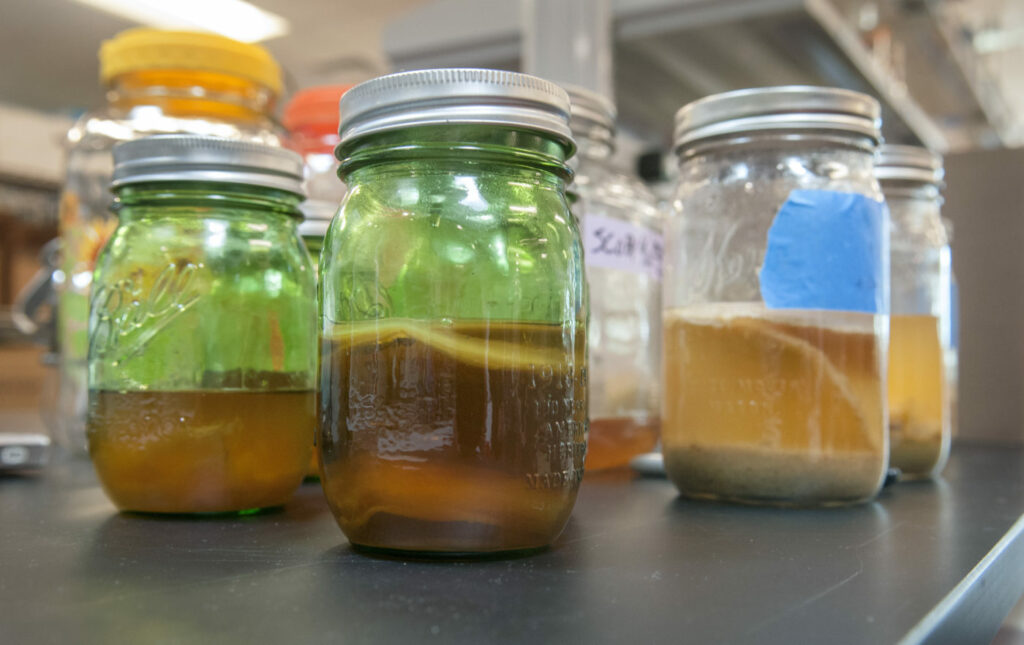The consumption of probiotics – the live bacteria found in yoghurt, kimchi, pickles, and kombucha, among other food stuffs – has been on the rise in recent years. The benefits have been confirmed by scientific research: these foods are good for our health, especially for the balance of intestinal flora.
For the first time, comprehensive research lists the many health benefits of ingesting live bacteria. An additional intake of 100 grams of foods containing probiotics would be associated, for example, with a decrease in systolic blood pressure, a lower body mass index (BMI) or a reduction in markers of inflammation.
"In addition to fermented dairy products, epidemiological data have shown that the consumption of fermented soy or fermented vegetables is linked to a reduction in the risk of type 2 diabetes, blood pressure and atopic dermatitis," confirmed a recent study published in The Journal of Nutrition, carried out by American and Irish researchers.
Related News
- 'It's a particular niche': Kefirs, kombuchas fascinate gourmet foodies
- UAntwerpen researchers use good bacteria to fight acne
- 5 ways to naturally boost the immune health
On top of that, because they do not require the addition of chemical compounds or additives, probiotics are also acclaimed for their ecological impact. Fermentation is based on a natural process and is not harmful to the planet. It is also a good option to reduce food waste, as well as waste production.
In France, fermented foods are currently the subject of an extensive research project. Called "Ferments of the Future," it is led by the National Institute for Agricultural Research (INRAE) and the National Association of Food Industries (ANIA) and plans, among other things, to develop new fermented foods based on cereals, legumes, fruits and vegetables.

